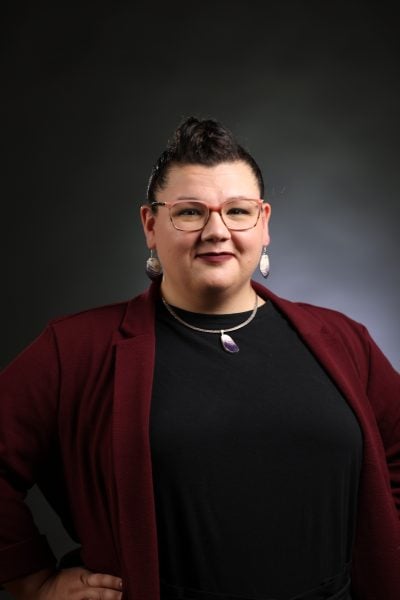
Larissa began her PhD in the Social Sciences’ Industrial Heritage and Archaeology program in 2019. She is of mixed settler and Onondaga heritage. Her research is informed by the Two Row Wampum belt research partnership principles and utilizes Indigenous storywork to elevate the past and present connections to iron mining within Indigenous and Descendant communities around Minnesota’s ‘Iron Range’. Larissa has worked on various projects elevating Indigenous knowledge in environmental education with Project Learning Tree and with Voyageurs National Park and their non-profit partner, Voyageurs Conservancy, including a National Park Foundation funded Tribal Co-Stewardship initiative. She has been an educator with the Gidakiimanaaniwigamig Ojibwe youth STEAM, language and culture camp on the Fond du Lac Reservation since 2017. In 2023, she was awarded an ACLS/Mellon Dissertation Innovation Fellowship in recognition of her novel approach to research. Larissa has also served in a volunteer position on the Project Learning Tree Education Operating Committee since 2022 and is a member of the Native Emerging Professionals Network within the Association of Tribal Archives, Libraries and Museums. In 2020 she married her partner, James, and in 2021 they welcomed their daughter, Awéha, who often accompanies her on research trips and at conference presentations.
